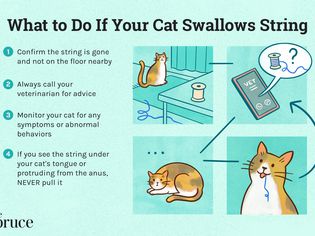Introduction
Senior dogs (7 years and older, breed-dependent) may have altered metabolism, compromised immunity, and underlying health conditions that affect deworming protocols. Understanding their unique requirements ensures safe and effective parasite control. This article outlines best practices for deworming elderly dogs.
1. Why Senior Dogs Need Special Attention
Weakened Immune System: Age-related immune decline increases susceptibility to parasites and secondary infections.
Medication Sensitivity: Older dogs may process drugs more slowly, raising the risk of toxicity or adverse reactions.
Comorbidities: Chronic conditions (e.g., kidney disease, heart failure) may affect drug selection and dosing.
2. Recommended Deworming Frequency
Initial Assessment: Perform a comprehensive physical exam and baseline blood work, including kidney and liver panels.
Fecal Examinations: Conduct fecal floats every 3–4 months rather than the typical 6 months for younger adults.
Tailored Schedule:
Healthy Seniors with Low Risk: Deworm every 4–6 months.
High-Risk or Immunocompromised: Deworm every 3 months or as advised by your vet.
3. Safe Dewormer Selection
Fenbendazole (Panacur®)
Advantages: Broad-spectrum coverage, minimal side effects.
Dosage: 50 mg/kg orally once daily for three days, monitor kidney function if compromised.
Pyrantel Pamoate
Advantages: Effective against roundworms and hookworms; minimal hepatic metabolism.
Dosage: 5–10 mg/kg once; repeat in 2 weeks if needed.
Praziquantel
Use Case: Tapeworm infections; administer carefully if liver function is impaired.
Dosage: 5–7.5 mg/kg as a single dose.
Milbemycin Oxime (Interceptor®)
Advantage: Combines heartworm and intestinal parasite control; once-monthly dosing simplifies routine.
Dosage: 0.5 mg/kg orally once monthly, adjust if renal insufficiency exists.
4. Monitoring and Adjustments
Blood Work Follow-Up: Repeat renal and hepatic panels 2 weeks post-treatment to detect adverse effects.
Behavioral Observation: Watch for lethargy, inappetence, or vomiting—common signs of intolerance.
Weight Management: Adjust dosages for weight loss or gain; senior dogs often lose muscle mass.
5. Supportive Care Strategies
Nutrition and Supplements:
Provide senior-formula diets rich in antioxidants and joint support.
Consider probiotics to maintain gut flora balance post-deworming.
Hydration:
Ensure constant access to fresh water; some dewormers may cause mild dehydration.
Exercise and Mental Stimulation:
Low-impact activities (short walks, gentle play) help maintain immune function.
Interactive toys reduce stress, indirectly supporting parasite resistance.
Conclusion
Senior dogs require thoughtful deworming protocols tailored to their health status. Regular fecal exams, appropriate product selection (e.g., Panacur®, Interceptor®), and careful post-treatment monitoring protect elderly canines from parasitic infections while minimizing risks. Collaborate closely with your veterinarian to optimize geriatric parasite management.









Comments on " Understanding Deworming Requirements for Senior Dogs" :